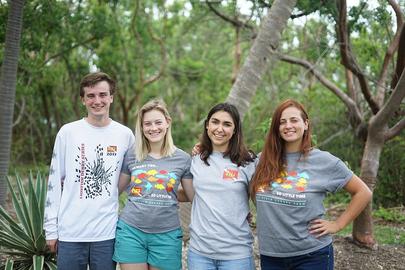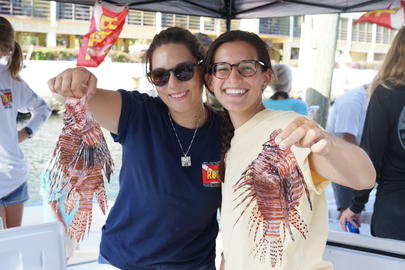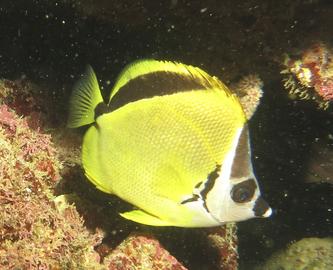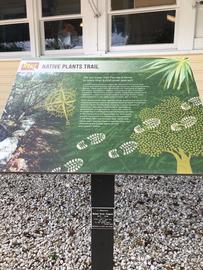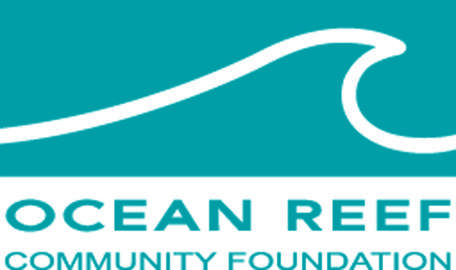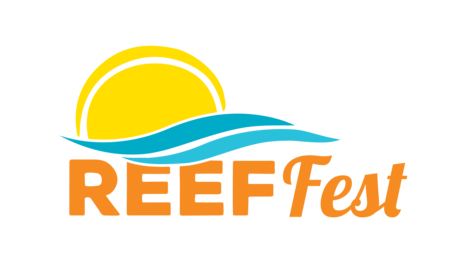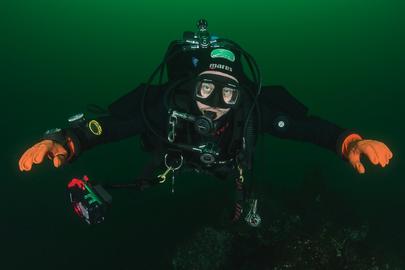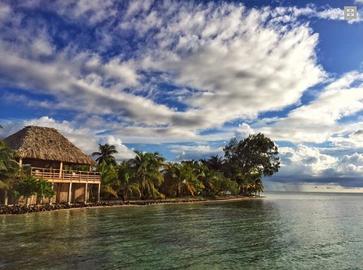We are happy to welcome four new Marine Conservation Interns to REEF. These individuals will play a vital role in the organization by assisting with numerous summer projects including Lionfish Derbies and Ocean Explorers Summer Camp, while working to support daily office operations and other mission-oriented tasks. They will also have many opportunities to dive, conduct fish surveys, and volunteer with environmental organizations in South Florida and the Florida Keys. Each group of interns brings a unique perspective and skill set to REEF. Our Summer 2018 interns include:
Kick off your summer by joining us for the Miami Lionfish Derby on June 10! We are excited to be hosting this event in partnership with Phillip and Patricia Frost Museum of Science. Thank you to Whole Foods Market® for sponsoring our 2018 Lionfish Derby Series.
Below is a schedule of events for this weekend's Miami Lionfish Derby. We hope to see you there!
Friday, June 8: Captain's Meeting at 6:30 p.m. at Phillip and Patricia Frost Museum of Science. This meeting is mandatory for all derby participants.
Tune in this month for two new Fishinars, including:
Thursday, June 7: World Oceans Day: Celebrating 25 years of the VFSP, taught by Ellie Place
Thursday, June 21: Common Fishes of the Tropical Eastern Pacific, taught by Christy Semmens
REEF is made up of passionate members who champion for our oceans and contribute their time and talents to preserving our environment. Many have been members for years and a few recently departed, before their time. We gratefully acknowledge these individuals and their family’s desire to recognize the importance of REEF in their lives by designating REEF as a recipient of donations in lieu of flowers.
Darcy Mellen-Sullivan, Naples, FL
John Craig Nunez, Anacortes, WA
Michael Kevin Forgatch, Palm Beach, FL.
Thanks to the Ocean Reef Community Foundation’s grant funding opportunities, REEF is partnering with the Florida Keys Children’s Shelter to provide its resident children and clients with summer programs that include outdoor and water-based field trips and ocean learning. The unique habitats, plants, and animals of the Florida Keys offer a one of a kind childhood experience to those with the resources to venture outside.
Did you know that the ocean regulates our climate, generates most of the oxygen we breathe, and is home to millions of different living creatures? On June 8, people will come together to honor and help protect our world’s oceans. Whether you live near the coast or inland, you can take part in this special day to reflect on what the ocean means to you. Here are some ways you can join REEF in celebrating World Oceans Day.
REEF’s annual celebration of marine conservation is just 4 months away! Event registration is now open. Please visit www.REEF.org/REEFfest for event details, to register, and to purchase a ticket to REEF’s annual banquet, For the Love of the Sea. We hope you will join us for a weekend of diving, ocean-themed seminars, social events, and mingling with fellow marine life enthusiasts!
REEF members are at the heart of our grassroots marine conservation programs. More than 65,000 divers, snorkelers, students, and armchair naturalists stand behind our mission.
This month we highlight Don Gordon, REEF member since 2011. Don recently achieved Golden Hamlet status, and has conducted 1007 surveys to date, mostly in the chilly waters of British Columbia, Canada. Don is a member of the PAC Advanced Assessment Team (AAT) and is active in several of REEF’s special monitoring projects. Here's what Don had to say about REEF:
Every month, scientists, government agencies, and other groups request raw data from REEF’s Fish Survey Project database. Recent examples of data requests include:
- Staff from MacArthur State Beach Park in Florida are using REEF data to evaluate fish populations in the park.
- Researchers at SeaDoc Society and Washington Department of Fish and Game are using REEF data to evaluate Northern (Pinto) Abalone in Washington State
If you haven't planned your summer vacation yet, it's not too late to join a REEF Field Survey Trip this August. We have spaces remaining on trips to Brazil and Belize this summer and hope you can join us!

